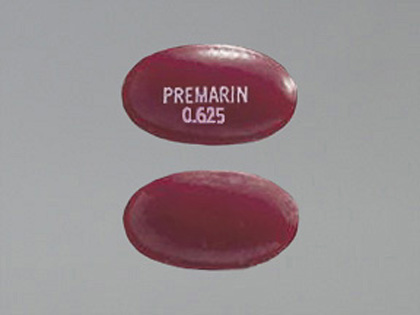
The pink premarin pills seen above have been linked to serious health risks for women who take them." photo from Wikipedia.

Over the last few years the drug Premarin has sparked concerns over how safe the drug may be for women, but also from many animal welfare organizations. Many people have showed concern for the safety of the Mares and Foals that are involved in the making of Premarin.
Premarin is a drug that replaces oestrogen in women during menopause. The oestrogen for the drug is created by taking the urine from pregnant mares. The drugs main contents are estrone, equilin, and 17 alpha-dihydroequilin.
Recent studies by the Women’s Health Initiative showed that when women take Hormone Replacement Therapy that is PMU (Pregnant Mare Urine) based increase their risk of a stroke by 41%, the risk of a heart attack by 29%, and the risk of breast cancer by 26%.
Some argue that medications like Premarin are not worth the risks or side effects because they only provide a short-term relief, and can’t completely alleviate all menopausal symptoms. Women’s Health Initiative has also found that these specific Hormone Replacement Therapy drugs will not improve a woman’s memory, energy levels, physical or emotional state, or pain level.
This specific form of Hormone Replacement Therapy has been proved dangerous to not only humans, but to the horses that are used for the process of creating Premarin. During the eleven months while the mare is pregnant, it is kept in a confined stall where they can make little to no movement in any direction.
Another part of the process that created controversy over this product is the urine collection bags that the mares wear at all times, which cause lesions and abrade their skin and hair. Their drinking water has been reported to be limited so that they can conserve the amount of concentrated estrogen. When the process is done the foals will usually either replace their mothers, or be sold to slaughterhouses.
Premarin was one of the very first hormonal therapy drugs introduced, and is the only PMU based drug sold. When it was introduced in 1942, there were no alternative Hormone Replacement Therapy drugs that did not involve the use of animals. 49% of women in the United States who use Hormone Replacement Therapy products today are using a PMU based products.




